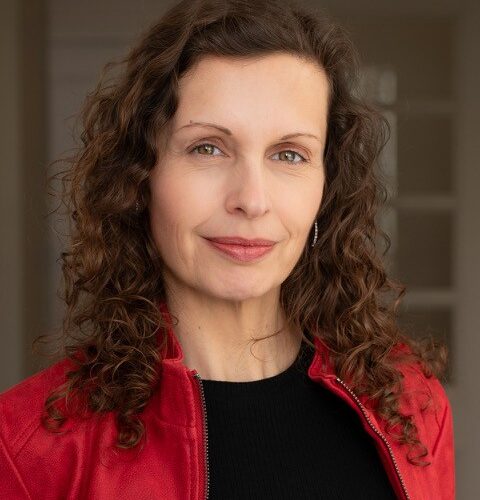Beatriz Roldán Cuenya
Fritz Haber Institute of the Max Planck Society (FHI)The Secret Life of Electrocatalysts unveiled by Operando Spectroscopy and Microscopy

Climate change concerns have spurred interest in environmentally friendly technologies for green energy generation and storage. The latter includes green H2 production from water splitting and the re-utilization of CO2 via its electrocatalytic reduction into value-added chemicals and fuels. Moreover, alternative methods for ammonia synthesis with green H2 or electrocatalytically are being sought to reduce carbon emissions and provide a transport energy carrier for green hydrogen. This requires the development of highly efficient and durable catalysts with tunable selectivity.
This talk will offer mechanistic insights into the electrocatalytic reduction of CO2 and nitrate reduction as well as the oxygen evolution reaction using pre-catalysts ranging from single atoms, size-/shape-controlled nanoparticles, thin films to single crystals. I will illustrate the need for a multi-technique operando microscopy and spectroscopy approach to gain understanding into the complex evolution of electrocatalytic materials while at work. Examples will be given on the correlation between their dynamically evolving structure and composition and their activity and selectivity.
These results are expected to open up new routes for the reutilization of CO2 through its direct conversion into industrially valuable chemicals and fuels such as ethylene and ethanol, and the generation of green H2 and ammonia via electrolysis.
Prof. Dr. Beatriz Roldán Cuenya is currently the director of the Interface Science Department as well as interim director of the Inorganic Chemistry Department at the Fritz Haber Institute in Berlin (Germany). She began her academic career by completing her MSc in Physics in Spain in 1998 and a PhD in Physics in Germany in 2001. Her postdoctoral research took her to the Department of Chemical Engineering at the University of California Santa Barbara (USA). In 2004 she joined the Department of Physics at the University of Central Florida as Assistant Professor becoming a full professor in 2012. In 2013, she moved back to Germany and became a Chair professor of Solid State Physics at the Ruhr-University Bochum. She then joined the FHI in 2017.
Prof. Dr. Beatriz Roldan Cuenya is the author of 250 peer-reviewed publications, 6 book chapters and 6 patents. She has been supervising 77 postdoctoral fellows and 37 PhD students. She serves in the editorial board of the Journal of Catalysis and the Chemical Reviews journal. She is a member of the Academia Europaea as well as of the Germany National Academy of Sciences Leopoldina. Recently she won the ACES – Margarita Salas Award of the Association of Spanish Researchers in Sweden and the Margarita Salas Foundation, she received the Manchot Research Professorship from TU Munich (2023), the 2022 Paul H. Emmet Award of the North American Catalysis Society, the Röntgen Medal (2022), the Faraday Medal from The Electrochemistry Division of the UK Royal Society of Chemistry (2022), the AVS Fellow Award (2021) and the International Society of Electrochemistry-Elsevier Prize for Experimental Electrochemistry (2021).